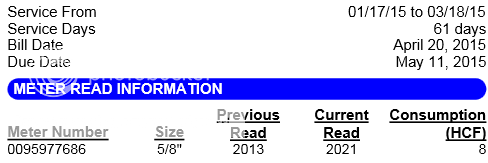woodnaquanut
Active member
Interesting discussion. The politics of water is complicated.
I'm not sure we have built much in the way of storage for more than 50 years. The last big project I remember is the Cal Aqueduct. It was brought online when I was in high school! (yes, I am that OLD!!) Even that is more of a delivery system than storage.
I'm not sure storage is the problem. When there is no/low supply, the storage we have is not used. There are so many ecological issues with dams, I'm not in favor of more.
As to who uses the water, it's agriculture, meat and dairy, manufacturing and residential. IIRC, ag+meat/dairy is about 90% total consumption, manufacturing is most of the rest with residential being very small.
I understand why ag is a 'protected' class. They provide over half of the fruits and vegetables to the entire US. They actually produce something useful. Not exactly like a golf course or home lawn. There might be a shift in crops to use what's available better. The big crop in the news has been almonds. Not an easy crop to change.
If this is a long term change in weather patterns we (US) will have to change our consumption of fruits and vegetables. A few years ago we hosted an exchange student from Norway. She was amazed we would have salads every night. We almost had to force her to eat apples and oranges because she was worried we were spending too much money on her. Without enough water in CA these foods might become the luxury items they are in Norway.
I'm not sure we have built much in the way of storage for more than 50 years. The last big project I remember is the Cal Aqueduct. It was brought online when I was in high school! (yes, I am that OLD!!) Even that is more of a delivery system than storage.
I'm not sure storage is the problem. When there is no/low supply, the storage we have is not used. There are so many ecological issues with dams, I'm not in favor of more.
As to who uses the water, it's agriculture, meat and dairy, manufacturing and residential. IIRC, ag+meat/dairy is about 90% total consumption, manufacturing is most of the rest with residential being very small.
I understand why ag is a 'protected' class. They provide over half of the fruits and vegetables to the entire US. They actually produce something useful. Not exactly like a golf course or home lawn. There might be a shift in crops to use what's available better. The big crop in the news has been almonds. Not an easy crop to change.
If this is a long term change in weather patterns we (US) will have to change our consumption of fruits and vegetables. A few years ago we hosted an exchange student from Norway. She was amazed we would have salads every night. We almost had to force her to eat apples and oranges because she was worried we were spending too much money on her. Without enough water in CA these foods might become the luxury items they are in Norway.


